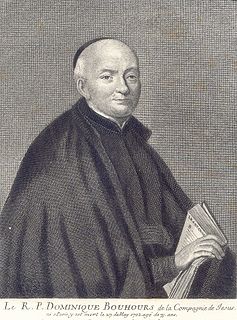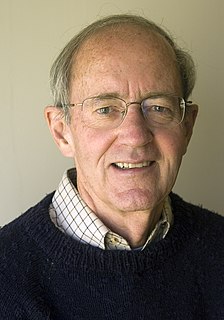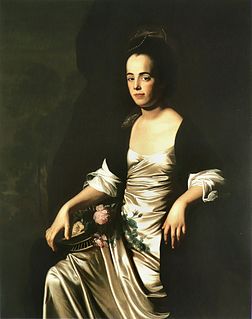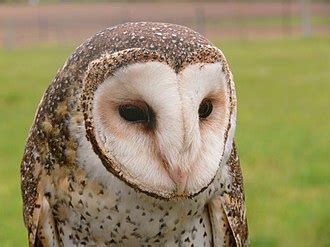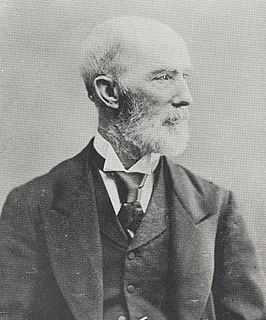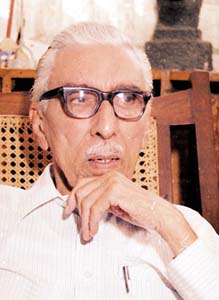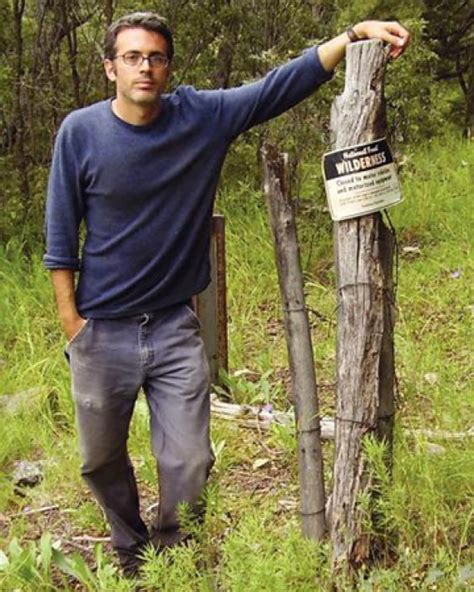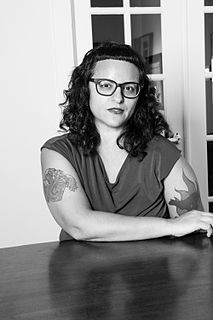Top 26 Quotes & Sayings by Lewis Hyde
Explore popular quotes and sayings by an essayist Lewis Hyde.
Last updated on April 21, 2025.
To be a great teacher, you can't simply be looking at how to earn your income. And with a priest or spiritual leader - there's another relationship that makes those lives what they are. And in each of these cases you'll find elements of gift exchange thriving, and you'll also find a tension around it.
Erik Erikson has commented: Potentially creative men like (Bernard) Shaw build the personal fundament of their work during a self-decreed moratorium, during which they often starve themselves, socially, erotically, and, at last but not least, nutritionally, in order to let the grosser weeds die out, and make way for the growth of their inner garden.
Most artists are brought to their vocation when their own nascent gifts are awakened by the work of a master. That is to say, most artists are converted to art by art itself. Finding one's voice isn't just an emptying and purifying oneself of the words of others but an adopting and embracing of filiations, communities, and discourses. Inspiration could be called inhaling the memory of an act never experienced. Invention, it must be humbly admitted, does not consist in creating out of void but out of chaos. Any artist knows these truths, no matter how deeply he or she submerges that knowing.
For the slow labor of realizing a potential gift the artist must retreat to those Bohemias, halfway between the slums and the library, where life is not counted by the clock and where the talented may be sure they will be ignored until that time, if it ever comes, when their gifts are viable enough to be set free and survive in the world.
The gift moves towards the empty place. As it turns in its circle it turns towards him who has been empty-handed the longest, and if someone appears elsewhere whose need is greater it leaves its old channel and moves toward him. Our generosity may leave us empty, but our emptiness then pulls gently at the whole until the thing in motion returns to replenish us. Social nature abhors a vacuum.
All that we make and do is shaped by the communities and traditions that contain us, not to mention by money, power, politics, and luck. And even should the artist or scientist think she has extracted herself from the world to stand alone in the studio, a tremendous array of faculties and mind-states may well attend her creativity.
What is it about a work of art, even when it is bought and sold in the market, that makes us distinguish it from . . . pure commodities? A work of art is a gift, not a commodity. . . works of art exist simultaneously in two “economies”, a market economy and a gift economy. Only one of these is essential, however: a work of art can survive without the market, but where there is no gift, there is no art.





